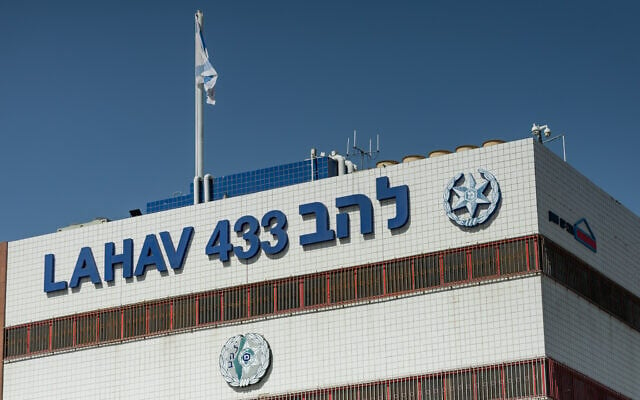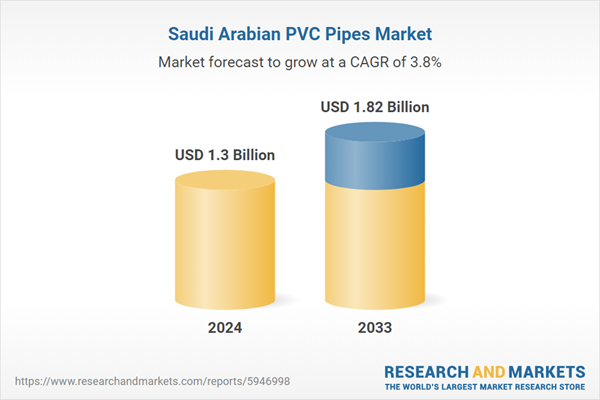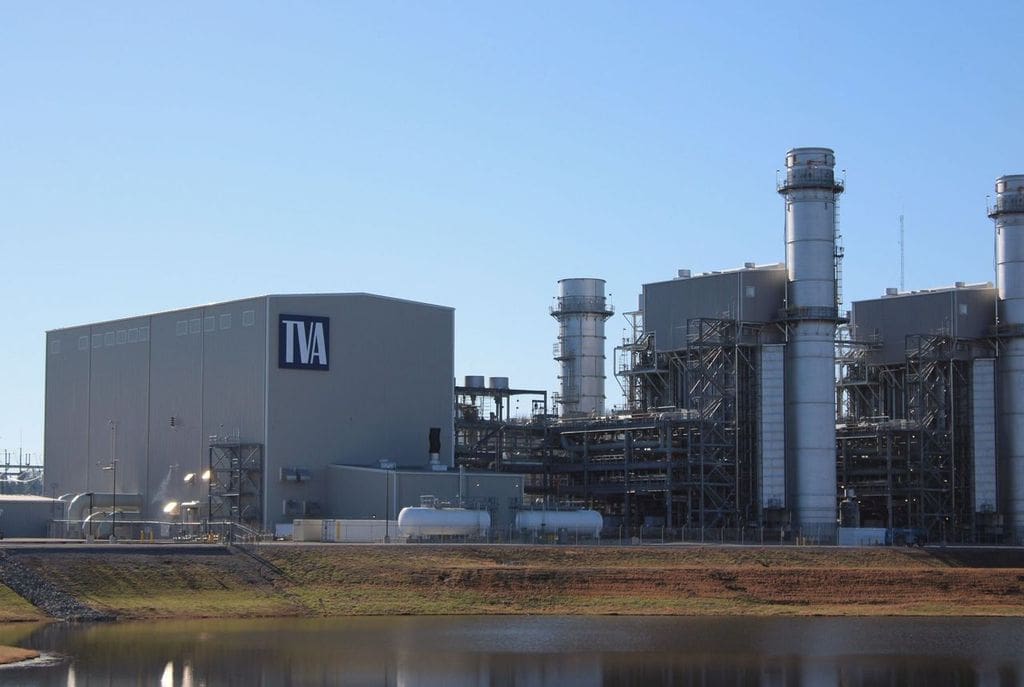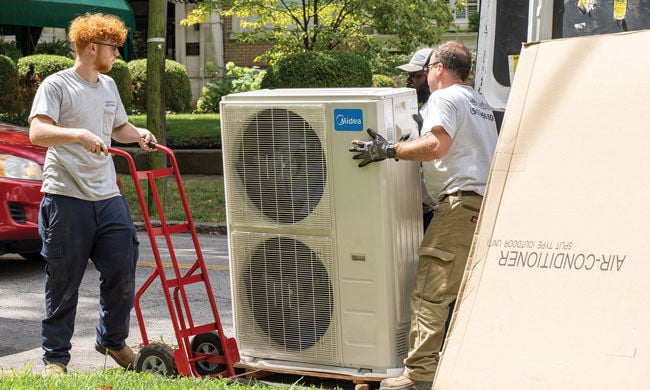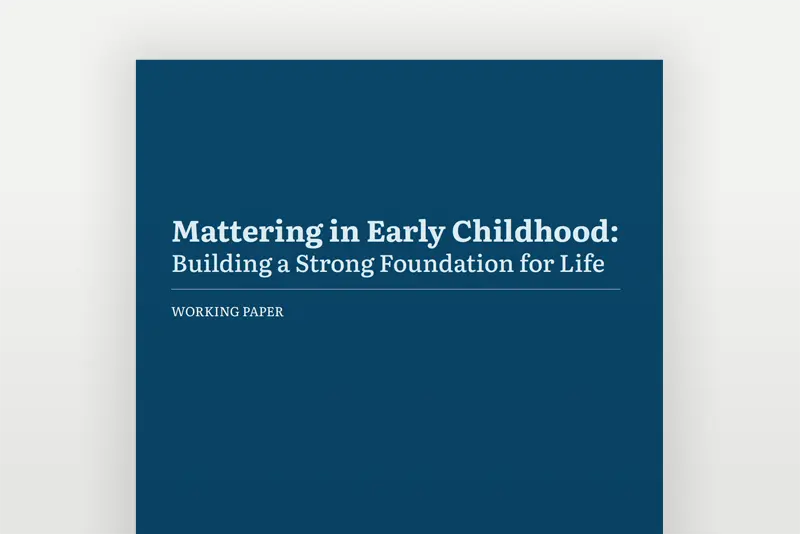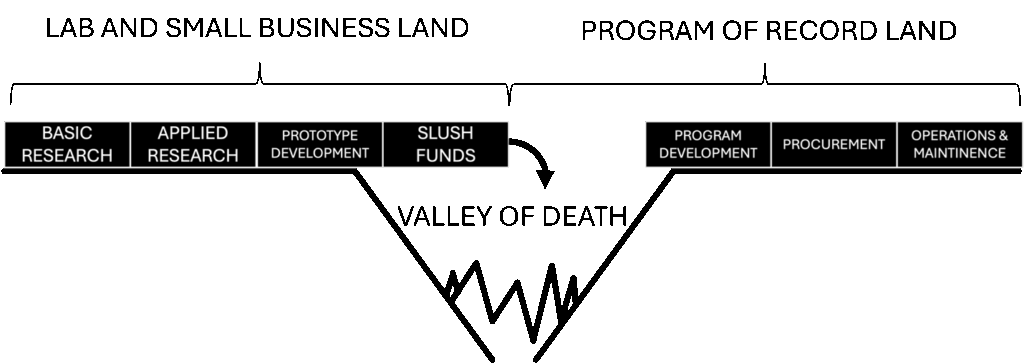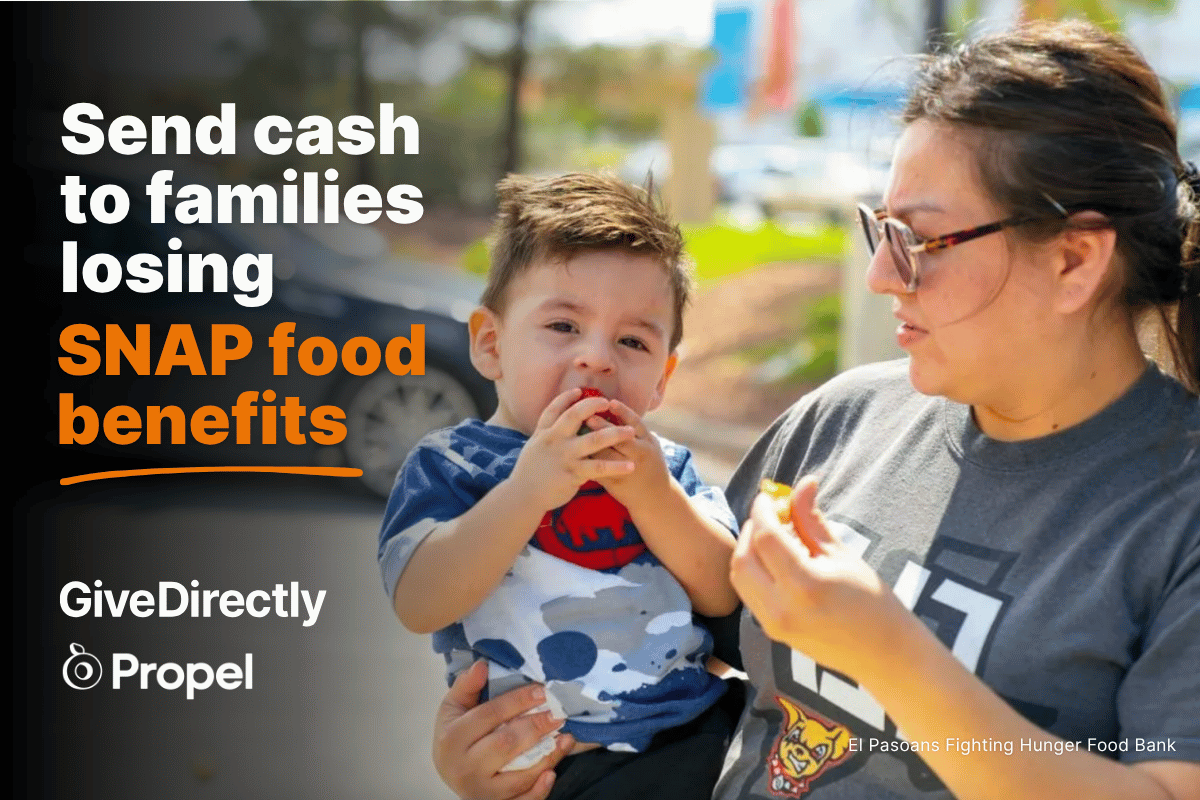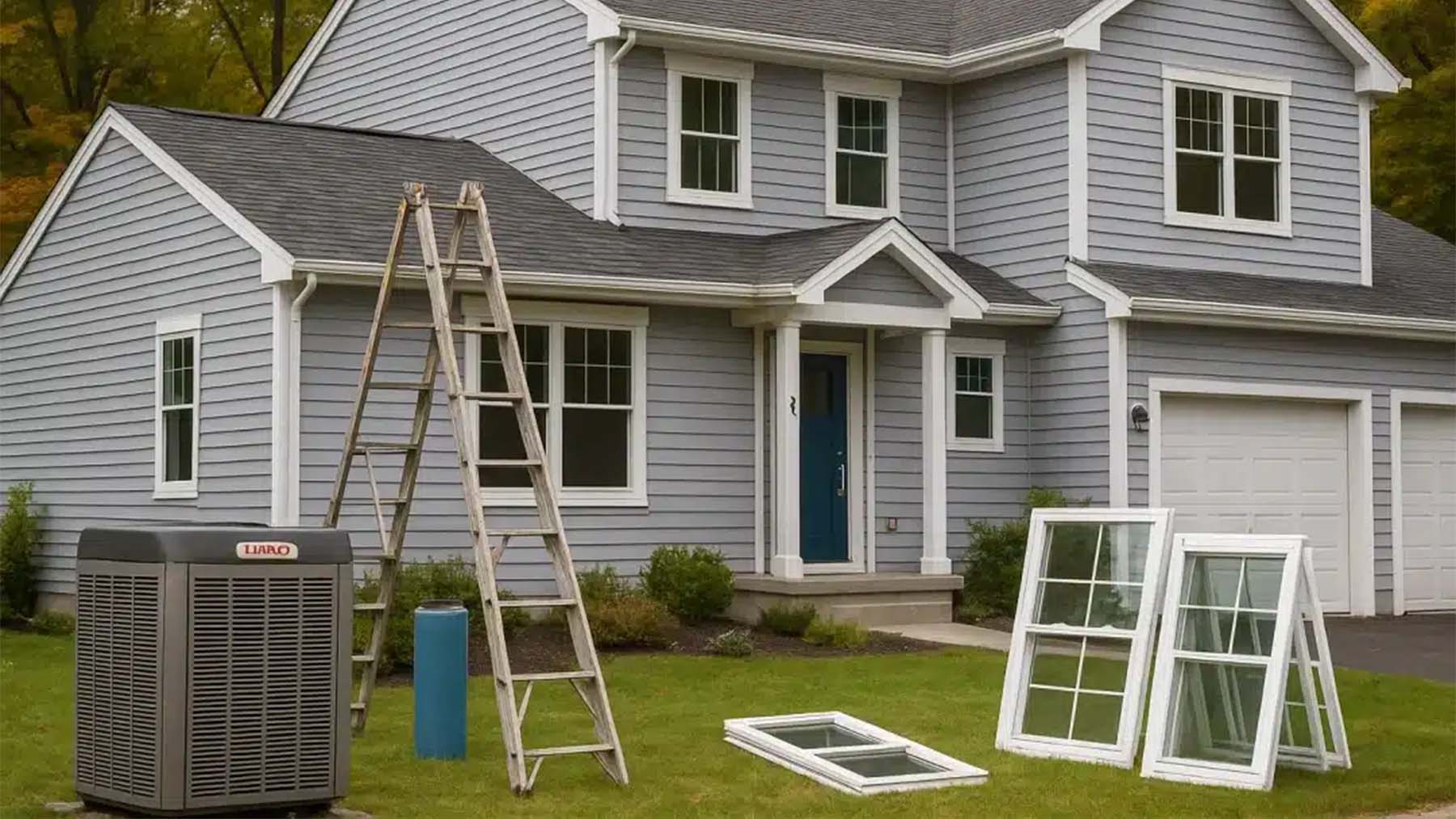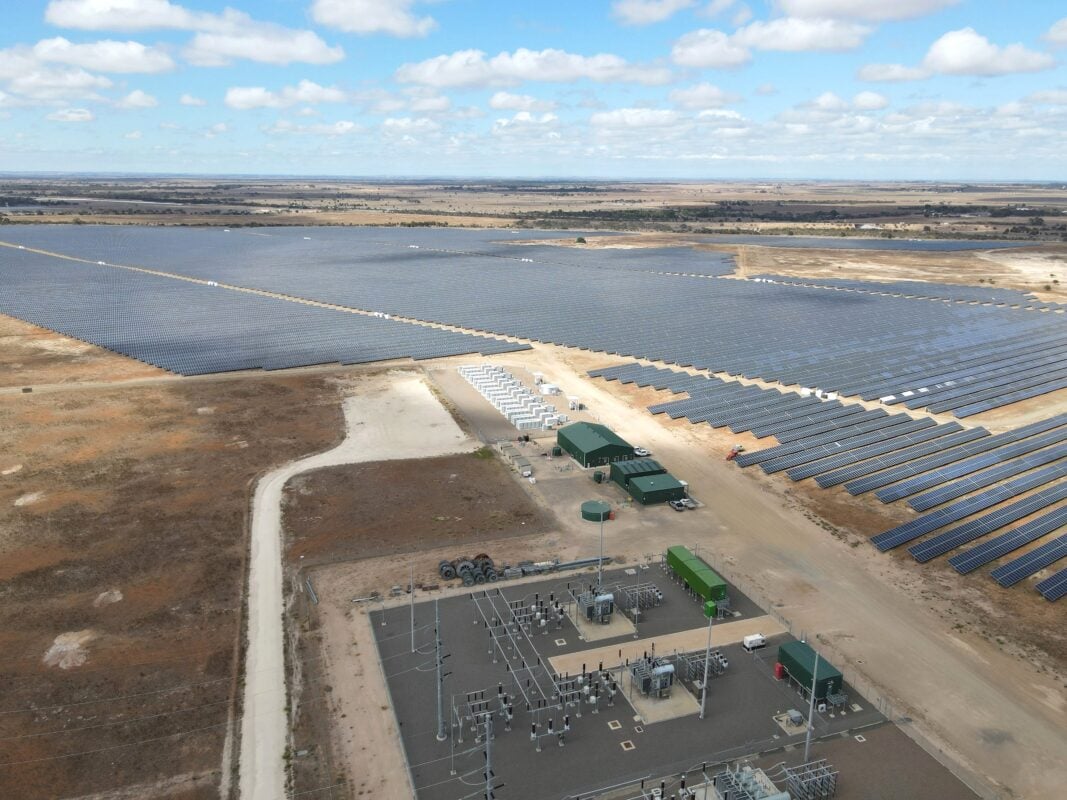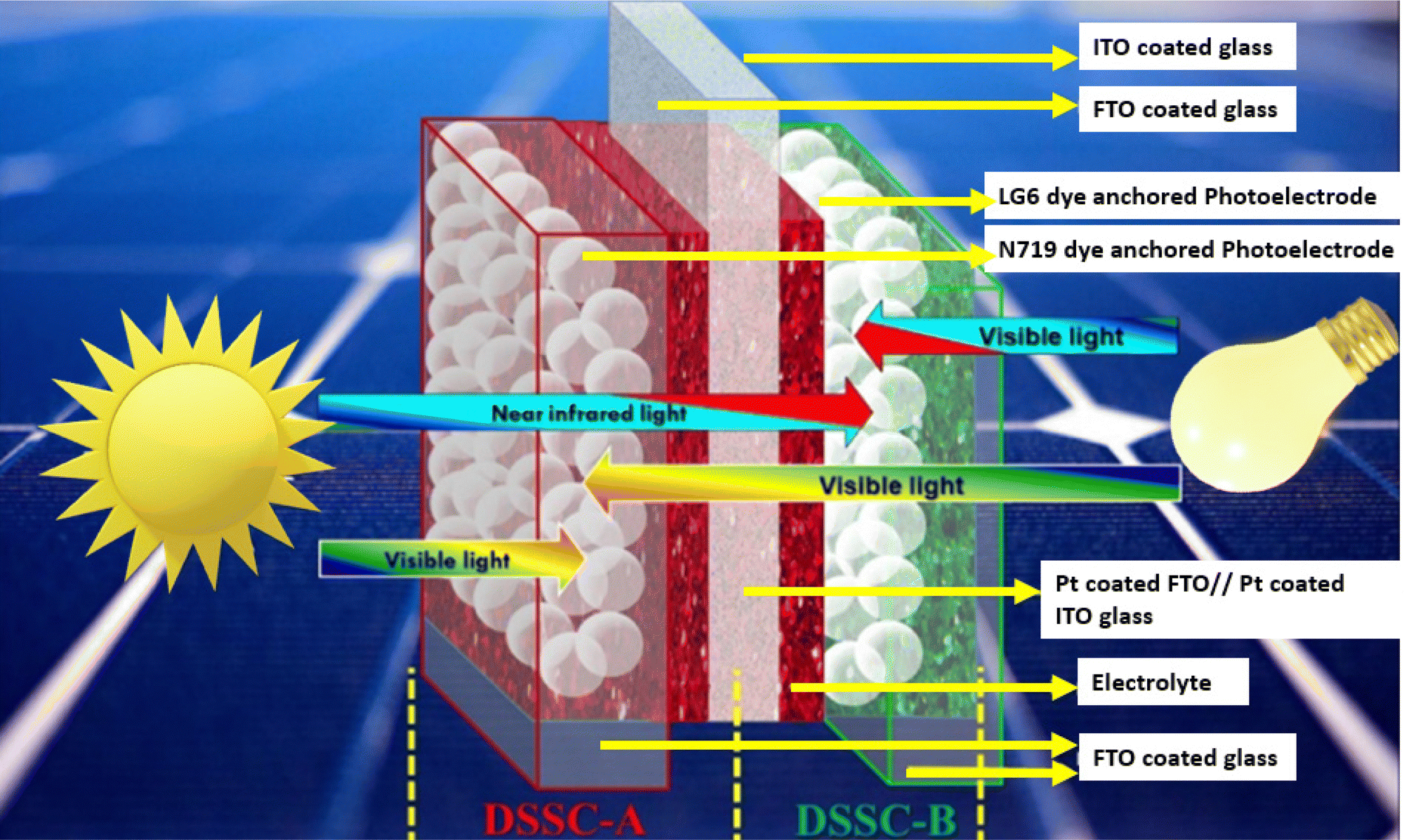Law Slashes Renewable Energy, Offers Benefits to Coal and Gas – Appalachian Voices

Report on the Impacts of H.R. 1 on Sustainable Development Goals
Executive Summary
On July 4, the enactment of H.R. 1, titled the “One Big Beautiful Bill Act,” introduced significant legislative changes that directly contravene multiple United Nations Sustainable Development Goals (SDGs). The law reverses progress on climate action, affordable and clean energy, and social equity by repealing key environmental legislation, subsidizing the fossil fuel industry, and reducing social welfare programs. This report outlines the law’s specific provisions and analyzes their projected impact on key SDGs, including SDG 1 (No Poverty), SDG 3 (Good Health and Well-being), SDG 7 (Affordable and Clean Energy), SDG 10 (Reduced Inequalities), SDG 12 (Responsible Consumption and Production), and SDG 13 (Climate Action).
Reversal of Progress on Climate Action and Clean Energy (SDG 13 & SDG 7)
The legislation systematically dismantles the framework established by the 2022 Inflation Reduction Act, undermining national commitments to climate action and the transition to clean energy.
- Repeal of Clean Energy Incentives: The law phases out critical tax credits for renewable energy sources over the next two years. This directly impacts the viability of new solar and wind projects, which are essential for achieving SDG 7.
- Termination of Efficiency and Rooftop Solar Credits: Tax credits for homeowners for energy efficiency upgrades (e.g., electric heat pumps, efficient windows) and rooftop solar installations are set to end prematurely, hindering efforts to reduce energy consumption and promote decentralized clean energy generation.
- Complex Restrictions: New, complex restrictions on foreign materials for renewable projects are expected to create unrealistic and difficult-to-navigate barriers, further slowing the clean energy transition.
These actions are projected to cancel a significant number of clean energy projects, reduce overall energy generation capacity, and increase reliance on higher-cost fossil fuels, thereby moving the nation away from the targets of SDG 13 and SDG 7.
Adverse Impacts on Social and Economic Equity (SDG 1, SDG 3, SDG 10)
The law’s provisions are expected to exacerbate poverty and inequality by increasing costs for essential services and reducing support for vulnerable populations.
Key Provisions Affecting Social Welfare:
- Healthcare and Food Assistance Reductions: The legislation mandates significant cuts to healthcare and food assistance programs, directly threatening progress on SDG 3 (Good Health and Well-being) and SDG 2 (Zero Hunger).
- Increased Household Costs: By phasing out incentives for affordable renewable energy, the law is predicted to increase average household electric bills by as much as $400 per year within a decade. This regressive impact places a disproportionate burden on low-income households, undermining SDG 1 (No Poverty) and SDG 10 (Reduced Inequalities).
Promotion of Unsustainable Production and Weakened Governance (SDG 12 & SDG 16)
H.R. 1 actively promotes unsustainable production patterns by incentivizing the fossil fuel industry while weakening the institutions responsible for environmental oversight.
Measures Supporting Fossil Fuels:
- New Subsidies: The law introduces tax credits for metallurgical coal production and repeals royalties for methane extracted from federal lands and waters, directly subsidizing industries that are major contributors to climate change, in opposition to SDG 12.
- Mandated Fossil Fuel Expansion: The bill mandates an increase in oil and gas lease sales.
- Weakened Environmental Regulations: The legislation guts the Environmental Protection Agency’s methane emissions reduction program and allows developers to pay fees to expedite environmental reviews and avoid litigation, undermining the role of strong institutions (SDG 16) in protecting public health and the environment.
Which SDGs are addressed or connected to the issues highlighted in the article?
SDG 7: Affordable and Clean Energy
- The article extensively discusses the repeal of clean energy tax credits for solar and wind, which directly impacts the availability and affordability of clean energy. It notes that these incentives had “sparked a clean energy boom” and added “more affordable energy to the power grid.”
SDG 13: Climate Action
- The legislation is described as gutting the “Inflation Reduction Act — landmark legislation passed in 2022 to tackle the climate crisis.” It also repeals the Environmental Protection Agency’s “methane emissions reduction program,” a key measure for mitigating climate change.
SDG 12: Responsible Consumption and Production
- The article highlights that the new law subsidizes the fossil fuel industry, including giving “tax credits to U.S. firms producing metallurgical coal” and repealing “royalties for methane extracted from federal land and waters.” This directly contradicts the goal of phasing out inefficient fossil-fuel subsidies.
SDG 3: Good Health and Well-being
- The article mentions that the legislation “slashes healthcare… programs” and is expected to result in “higher… healthcare costs for most Americans,” which directly relates to health and well-being.
What specific targets under those SDGs can be identified based on the article’s content?
SDG 7: Affordable and Clean Energy
- Target 7.1: By 2030, ensure universal access to affordable, reliable and modern energy services. The article indicates a negative impact on this target, stating the law will lead to “higher energy… costs” and “risk electricity blackouts,” moving away from affordable and reliable energy.
- Target 7.2: By 2030, increase substantially the share of renewable energy in the global energy mix. The law directly undermines this target by “phasing out the tax credits for wind and solar projects” and rescinding “funds that would finance clean-energy projects.”
SDG 13: Climate Action
- Target 13.2: Integrate climate change measures into national policies, strategies and planning. The article shows a reversal of this target by describing how the new law “guts the Inflation Reduction Act,” which was a key national policy to “tackle the climate crisis.”
SDG 12: Responsible Consumption and Production
- Target 12.c: Rationalize inefficient fossil-fuel subsidies that encourage wasteful consumption… The law does the opposite of this target by introducing new “incentives and shortcuts for oil and gas companies,” including new tax credits for coal and repealing methane royalties, thereby increasing fossil-fuel subsidies.
Are there any indicators mentioned or implied in the article that can be used to measure progress towards the identified targets?
For Target 7.1 (Affordable Energy)
- Indicator: Projected increase in household energy costs. The article explicitly states that researchers “predict the new law will increase electric bills as much as $400 a year within a decade.” This provides a quantifiable measure of decreasing energy affordability.
For Target 7.2 (Renewable Energy Share)
- Indicator: Status of financial incentives for renewable energy. The article provides several specific negative indicators: the phasing out of tax credits for utility-scale wind and solar over two years, the end of rooftop solar tax credits by the end of 2025, and the rescinding of funds for clean-energy projects.
For Target 13.2 (Climate Policy Integration)
- Indicator: Status of national climate legislation and regulations. The “gutting” of the Inflation Reduction Act and the elimination of the “EPA’s methane emissions reduction program” are clear, albeit negative, indicators of progress on integrating climate measures into national policy.
For Target 12.c (Fossil-Fuel Subsidies)
- Indicator: Value and number of subsidies for fossil fuels. The article points to specific new subsidies that can be tracked: “tax credits to U.S. firms producing metallurgical coal” and the repeal of “royalties for methane extracted from federal land and waters,” which functions as a subsidy.
Table of SDGs, Targets, and Indicators
| SDGs | Targets | Indicators |
|---|---|---|
| SDG 7: Affordable and Clean Energy |
7.1: Ensure universal access to affordable, reliable and modern energy services.
7.2: Increase substantially the share of renewable energy in the global energy mix. |
– Predicted increase in electric bills by “$400 a year within a decade.” – Risk of electricity blackouts. – Phasing out tax credits for wind and solar projects. |
| SDG 13: Climate Action | 13.2: Integrate climate change measures into national policies, strategies and planning. |
– The gutting of the Inflation Reduction Act. – The repeal of the EPA’s methane emissions reduction program. |
| SDG 12: Responsible Consumption and Production | 12.c: Rationalize inefficient fossil-fuel subsidies that encourage wasteful consumption. |
– Introduction of new tax credits for metallurgical coal production. – Repeal of royalties for methane extracted from federal land and waters. |
| SDG 3: Good Health and Well-being | (Target not specified, but connection implied) |
– Slashing of healthcare programs. – Expected higher healthcare costs for Americans. |
Source: appvoices.org

What is Your Reaction?
 Like
0
Like
0
 Dislike
0
Dislike
0
 Love
0
Love
0
 Funny
0
Funny
0
 Angry
0
Angry
0
 Sad
0
Sad
0
 Wow
0
Wow
0


















